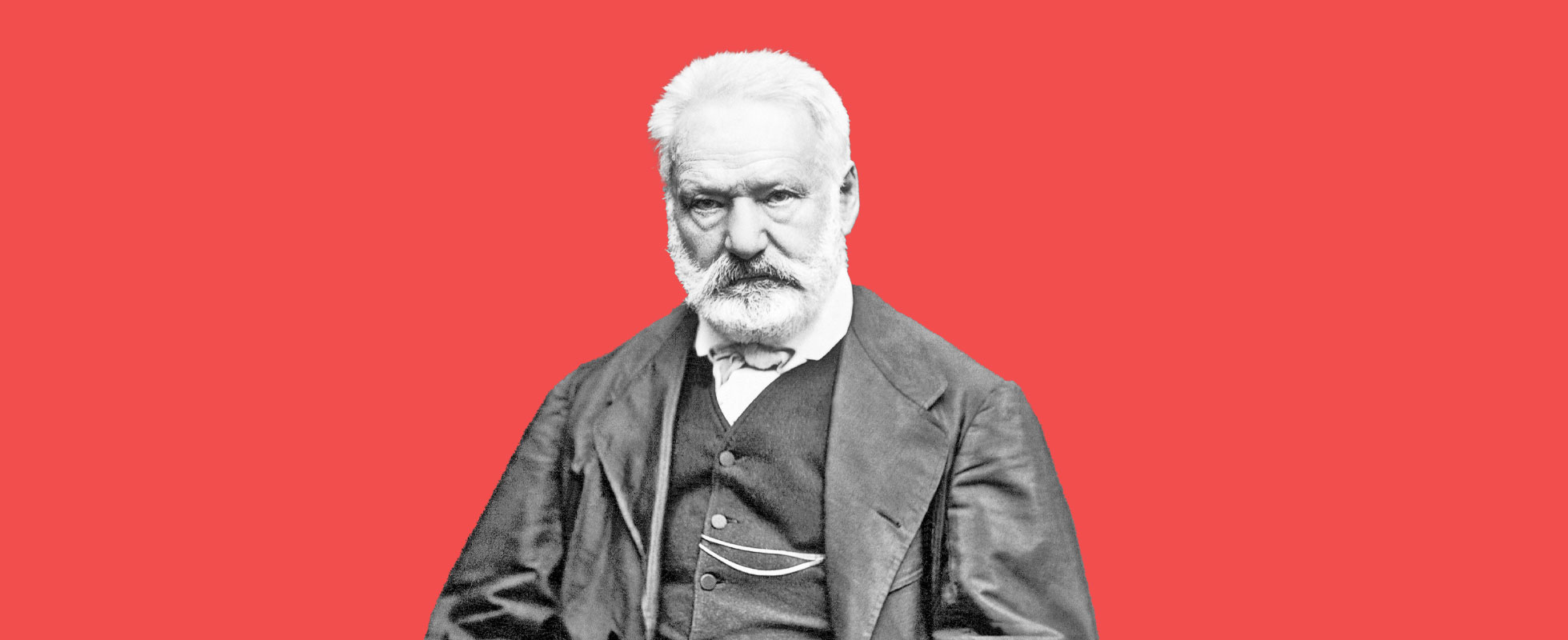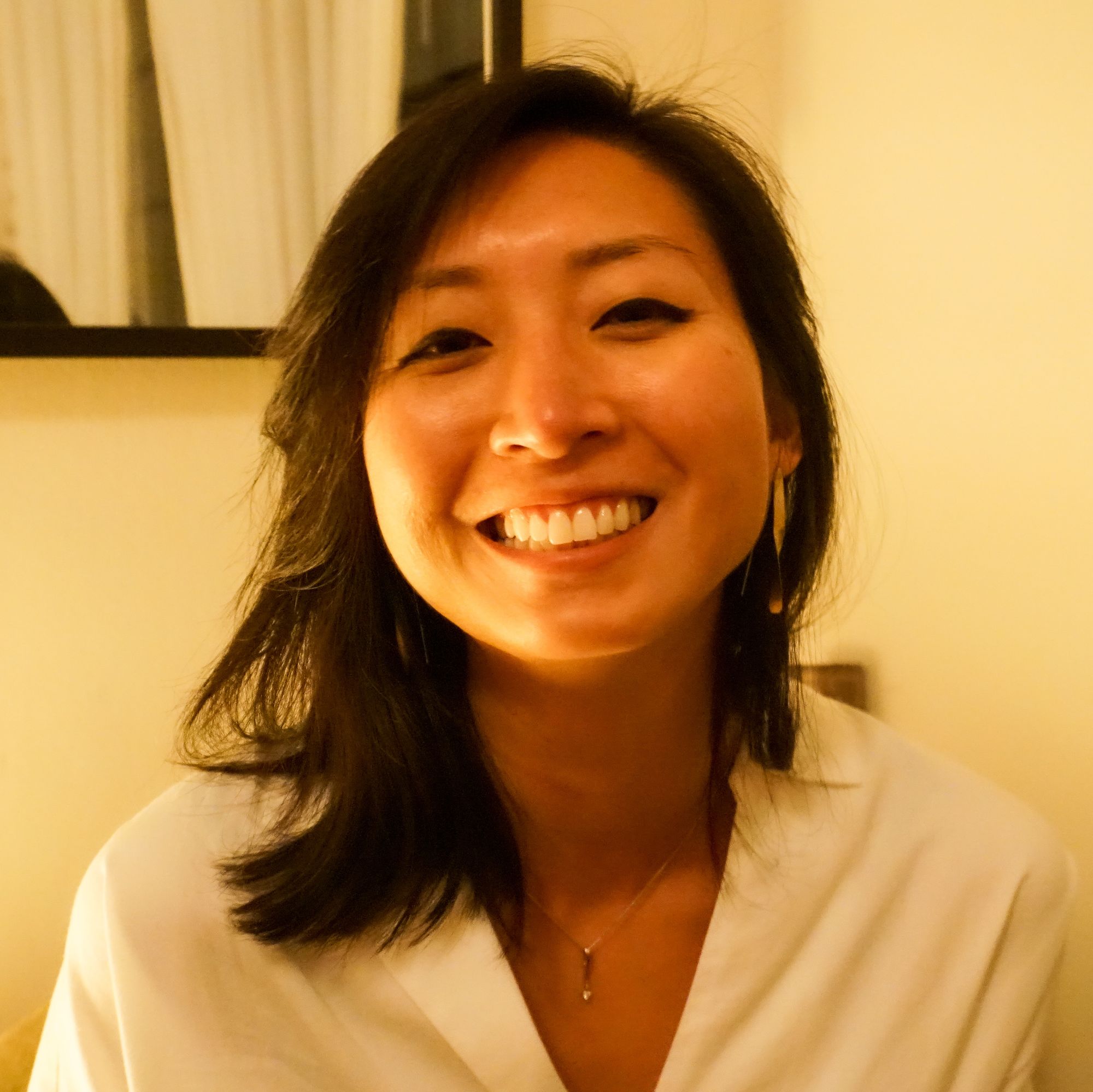It’s a commonly acknowledged truth that every generation is primed to rebel against its predecessors. Such was undeniably the case for those who participated in the Romanticism movement, which was most prominent between the late 18th and early 19th centuries.
At the time of the movement’s inception, the Enlightenment had taken the world by storm, with reason and rationality driving global progress forward. This gave rise to the Industrial Revolution and the ensuing commodification of people and goods at an unprecedented — and for many, alarming — rate.
Romanticism arose in response to this escalation of scientific advancement; Romantics feared that depending so heavily on science and technology would ultimately hurt the human spirit and pull society too far away from its empathetic core. As such, Romanticism revolves around the wildness of nature and the uniqueness of the individual. It celebrates emotion and irrationality, which stood in contrast to the stricter, more utilitarian logic of the previous era.
Writers of the period began publishing work that reflected — and furthered — the Romanticism movement, with a focus on employing spiritual and supernatural elements to tell stories that uplifted the power of the individual. Authors such as Mary Shelley and Victor Hugo were widely acclaimed for their works around this time, many of which have withstood the test of time for their depictions of human vulnerability and complexity.
It should also be noted that different phases of the movement revealed its various facets — while at one point, writers placed an emphasis on folklore and cultural nationalism, that focus shifted over time toward examining the trials and travails of one extraordinary individual.
Regardless of the focus du jour, though, the prevailing notions of the Romanticism movement were the beliefs that emotions and beauty are of the utmost importance, and that time spent alone is necessary for bettering the human condition.
These seven quotes are from some of the most famous books and poems of the Romantic movement.
I am a man of very strong passions, and, while I am stirred by them, nothing can equal my impetuosity … no feeling of shame keeps me back, no danger frightens me; with the exception of the single object which occupies my thoughts, the universe is nothing to me.Jean-Jacques Rousseau, "Confessions" (1782)
Everywhere I see bliss, from which I alone am irrevocably excluded. I was benevolent and good; misery made me a fiend. Make me happy, and I shall again be virtuous.Mary Shelley, “Frankenstein” (1818)
The supreme happiness in life is the assurance of being loved; of being loved for oneself, even in spite of oneself.Victor Hugo, “Les Misérables” (1862)
I am no bird; and no net ensnares me; I am a free human being, with an independent will.Charlotte Brontë, “Jane Eyre” (1847)
Where are the songs of spring? Ay, Where are they? / Think not of them, thou hast thy music too.John Keats, “To Autumn” (1820)
She walks in beauty, like the night / Of cloudless climes and starry skies; / And all that’s best of dark and bright / Meet in her aspect and her eyes; / Thus mellowed to that tender light / Which heaven to gaudy day denies.Lord Byron, “She Walks in Beauty” (1814)
Yet if hope has flown away / In a night, or in a day / In a vision, or in none / Is it therefore the less gone? / All that we see or seem / Is but a dream within a dream.Edgar Allan Poe, “A Dream Within a Dream” (1849)
Featured image credit: Keystone-France/ Gamma-Rapho via Getty Images
















